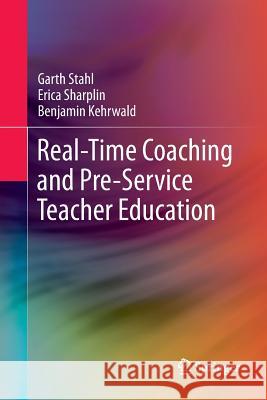Real-Time Coaching and Pre-Service Teacher Education » książka
topmenu
Real-Time Coaching and Pre-Service Teacher Education
ISBN-13: 9789811348709 / Angielski / Miękka / 2018 / 128 str.
Kategorie:
Kategorie BISAC:
Wydawca:
Springer
Seria wydawnicza:
Język:
Angielski
ISBN-13:
9789811348709
Rok wydania:
2018
Wydanie:
Softcover Repri
Ilość stron:
128
Waga:
0.22 kg
Wymiary:
23.39 x 15.6 x 0.81
Oprawa:
Miękka
Wolumenów:
01
Dodatkowe informacje:
Wydanie ilustrowane











